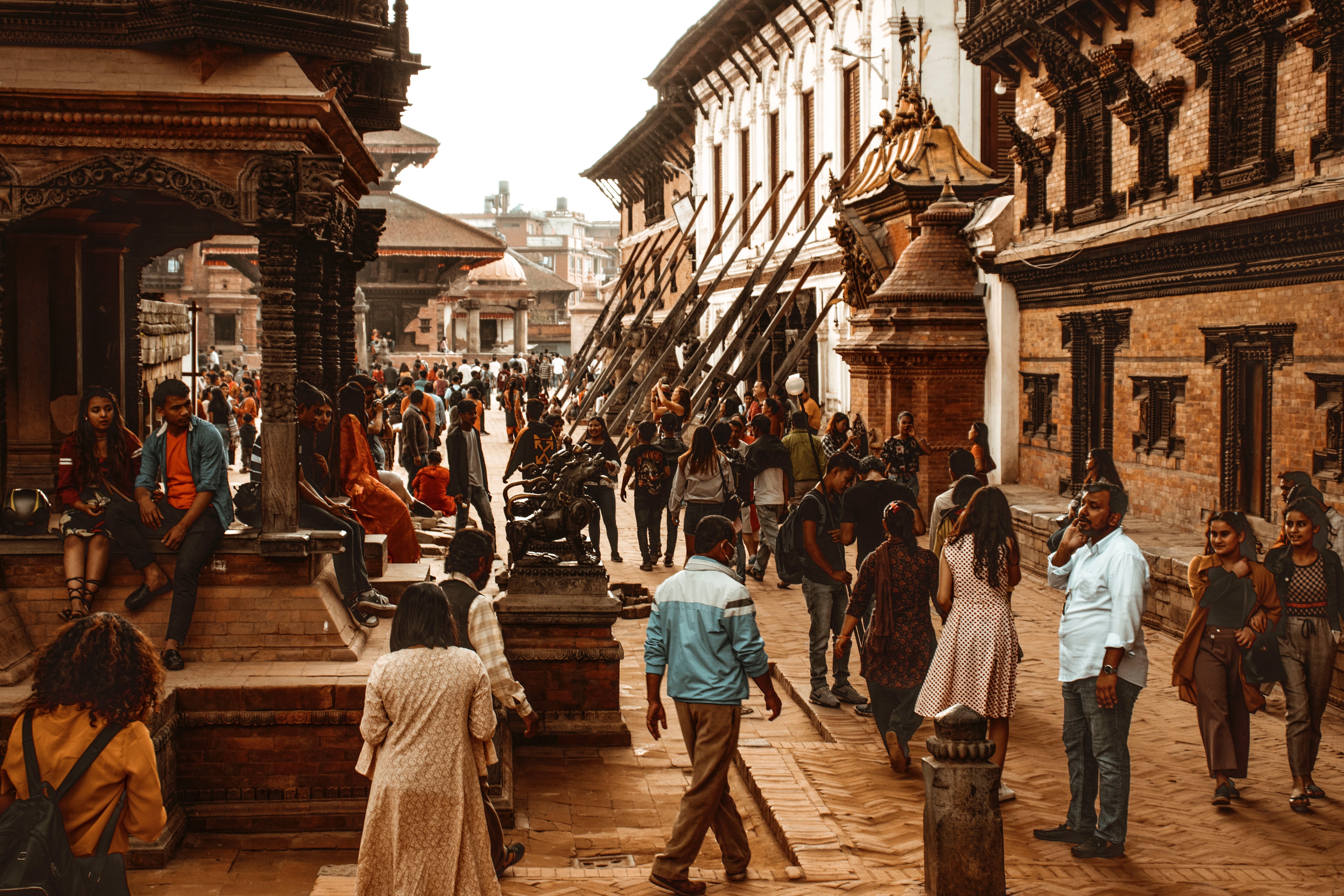The capacity to imagine counterfactual futures is of course a human characteristic that exists in dependent of capitalism. Imagined futures are crucial to understanding the development of modernity in general; and they exist, though in different forms, in traditional societies as well. Religious eschatology, for instance, projects futures unrelated to the economy.

By the same token, the capitalist economy’s orientation toward an open economic future does not exist solely at the level of action orientations: the capitalist economy institutionalizes specific systemic pressures that enforce a temporal orientation toward future economic opportunities and risks. Only by closely examining these institutionalized pressures may we comprehensibly shed light on the role of actors’ temporal orientations with regard to economic processes. In particular, two institutional mechanisms enforce the future orientation of actors in capitalism: competition and credit.
The ceaselessly changing environment that has accompanied the spread of market competition has forced actors to remain alert to threats from other actors who deviate from established practices as they seek new opportunities and ways to overcome threats they themselves perceive. Constant forward momentum is necessary if one is not to fall behind. Competition forces firms to seek more efficient forms of production and introduce new products to the market.
